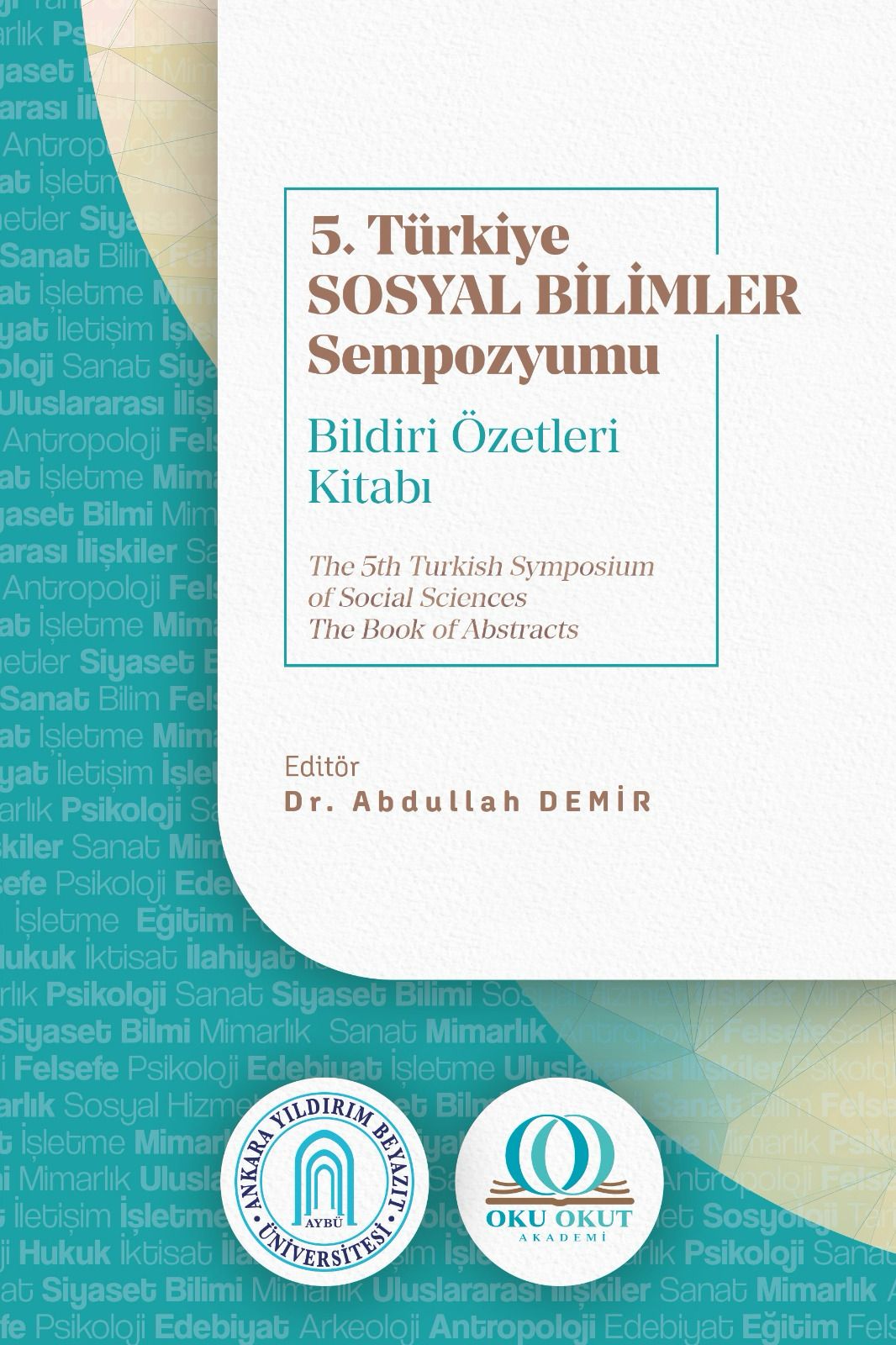Auguste Comte’s Views on Islam
Auguste Comte’un İslamiyete Dair Görüşleri

Telif Hakkı (c) 2025 Rumeysa Nur Tanı Ünsal- Ramazan Ünsal (Yazar)
Bu çalışma Creative Commons Attribution-NonCommercial 4.0 International License ile lisanslanmıştır.
CC BY-NC 4.0 lisansı, eserin ticari kullanım dışında, her türlü ortam ve formatta paylaşılmasına, kopyalanmasına, çoğaltılmasına ve orijinal esere uygun şekilde atıfta bulunmak kaydıyla yeniden düzenlenmesine, dönüştürülmesine ve eser üzerine inşa edilmesine izin verir.
Makale Bilgileri
- Konu Din Sosyolojisi
- Gönderim 31 Temmuz 2025
- Kabul 6 Ağustos 2025
- Yayım 29 Kasım 2025
- Sayı 5. Türkiye Sosyal Bilimler Sempozyumu
- Bildiri Bilim Alanı Din Sosyolojisi






